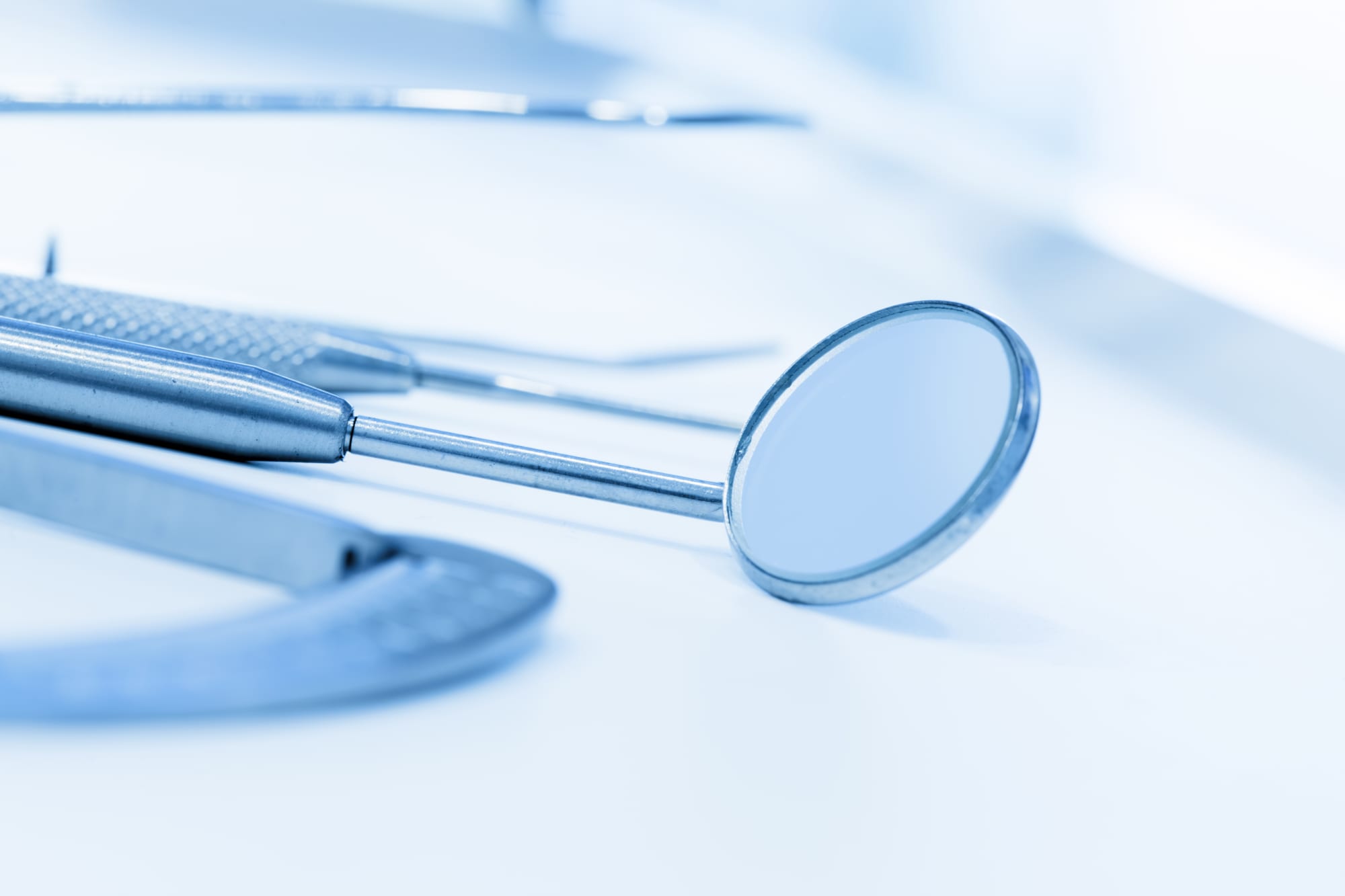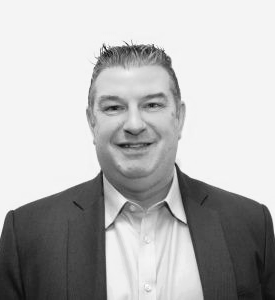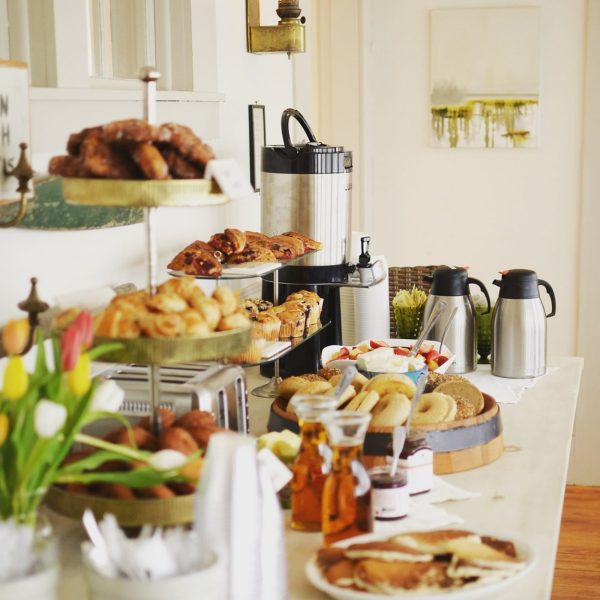Article
VAT and Healthcare
Article
VAT and Healthcare
October 19, 2023
4 minute read
Professionals operating within the medical sector such as GP’s, opticians and dentists will know that many of the supplies they make are exempt from VAT.

Professionals operating within the medical sector such as GP’s, opticians and dentists will know that many of the supplies they make are exempt from VAT.
The VAT Act 1994, Schedule 9, Group 7 provides for services of medical care to be exempt when performed by an appropriately qualified expert who is registered or enrolled with the appropriate statutory register of professionals.
Importantly, for the service to be exempt it must relate to the profession in which the expert is registered to practice, and the primary purpose of the service must relate to the protection, restoration or maintenance of the health of the person concerned.
In many cases the exemption can also extend to other employees carrying out these activities where they are being supervised by a registered healthcare professional. Although the rules and criteria around supervision are quite tightly drawn, in our experience these are not usually a barrier to achieving exemption.
One misconception that exists when it comes to VAT, is that operating via a limited company prevents the activities qualifying for VAT exemption. Choosing to operate via a limited company does not in itself prevent VAT exemption. Provided the medical services being supplied by the company are of a type described above, and are carried out by employees that are health professionals, or under the direct supervision of health professionals, then these services will also be exempt from VAT.
All of this is good news in terms of VAT exemption, but there are some supplies that healthcare professionals make that are not covered by the exemption, or have additional caveats to be outside the scope of VAT such as:
- Writing certain types of report e.g. forensic reports
- Providing certificates e.g. fitness for work/sport
- Cosmetic services
- Medico-legal work
- Workplace risk assessments
Supplies of this nature would generally be taxable and income of this nature should be considered when determining whether or not VAT registration is required.
Compulsory VAT registration arises when a business makes taxable supplies that exceed the threshold. Although there are different ways that a business might breach the VAT threshold, the most common scenario is where taxable supplies over a retrospective 12 month period exceed £85,000.
This is referred to in VAT circles as the ‘backward look’, and importantly is not based on a calendar year, or a tax year, rather it is a constantly rolling 12 month period. If a business breaches the threshold, it is lawfully obligated to notify HMRC and either seek VAT registration or request a concession whereby it might be possible to remain outside of the VAT regime although this is discretionary on the part of the tax authorities.
Whilst it will often be obvious that a supply relates to the protection, restoration and maintenance of an individual, sometimes this specific aspect can be complex especially where supplies relate to cosmetic procedures and surgeries.
Two recent court cases demonstrated that not all medical type services are viewed by lawmakers as being exempt from VAT:
In the case of Epem Ltd ([2023] TC08865) the tax tribunal ruled that treatment of certain skin conditions could qualify for exemption where carried out by healthcare professionals for the protection, restoration or maintenance of a patient, but in this instance Epem failed to provide any evidence to support that position. In fact Epem were not CQC registered, were not carrying out regulated activities, and advertised their procedures as being cosmetic in nature. The tribunal were left with no alternative but to determine that Epem’s supplies were taxable.
A similar decision had been reached in the earlier case of Illuminate Skin Clinics Ltd ([2023] TC08846) where the tax tribunal found that supplies of chemical peels, fillers and other facial procedures were cosmetic in nature, and were not being supplied for the protection, restoration or maintenance of the individual.
The above demonstrates that businesses engaged in the healthcare sector cannot assume that all their supplies are exempt from VAT, and regular and ongoing monitoring of taxable turnover should be carried out where taxable income is received. If you have any doubts about the supplies your business makes, or if you would like to discuss any of the above, please do get in touch.
Related content
Need expert advice?
Speak to an expert for advice on
+44-1865 292200 or get in touch online to find out how Shaw Gibbs can help you
Email
info@shawgibbs.com
Need expert advice?
Speak to an expert for advice on
+44-1865 292200 or get in touch online to find out how Shaw Gibbs can help you
Email
info@shawgibbs.com




